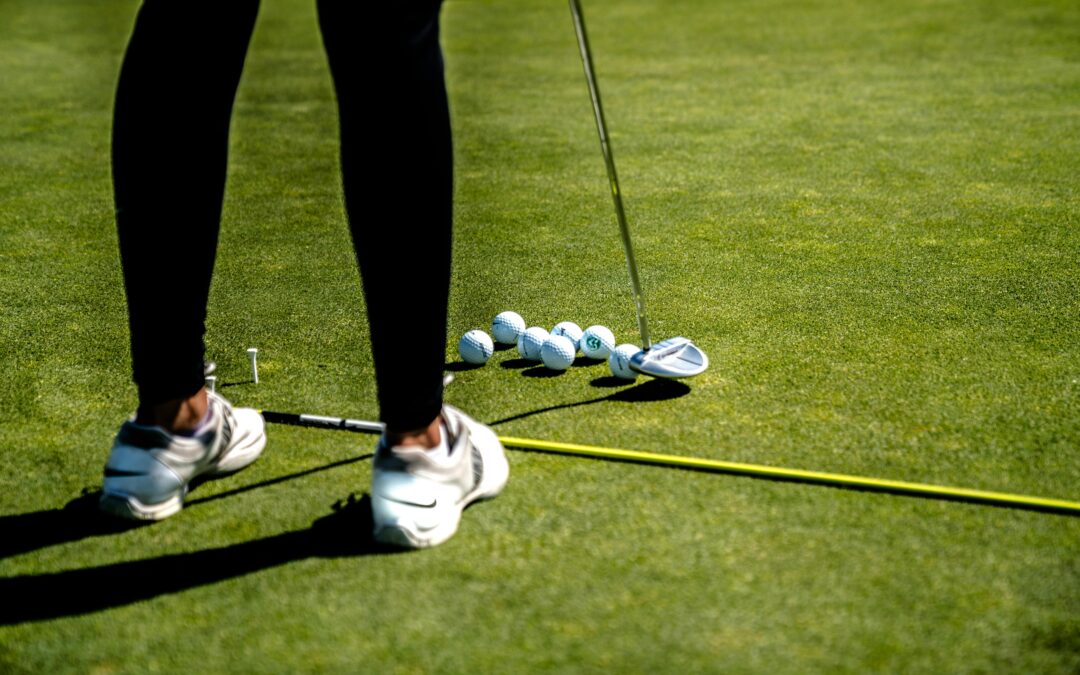Why the Mind Matters as Much as the Body
When you think of great athletes, you probably picture strength, speed, and skill. But here’s a secret many overlook: winning in SPORTS isn’t just about physical ability — it’s about mental toughness. Countless champions have proven that the ability to stay focused, resilient, and confident can be the difference between finishing first and fading under pressure.
In this post, we’ll explore why mental strength is just as important as physical training, how athletes at every level can build resilience, and what you can take from SPORTS psychology to improve your own game — or even your daily life.
The Power of Mental Resilience in SPORTS
Sports psychologists often say that success is “90% mental.” While that number is debated, one thing is certain: resilience — the ability to bounce back from setbacks — is what separates elite athletes from the rest.
Think about Michael Jordan, who famously missed thousands of shots in his career, yet used each failure as motivation to improve. Or Serena Williams, who’s fought through injuries, criticism, and pressure to remain one of the greatest of all time.
The lesson? Failure isn’t the opposite of success in SPORTS — it’s part of the journey. Building resilience means learning from losses instead of letting them define you.
Focus and the Zone: The Athlete’s Superpower
Have you ever heard an athlete say they were “in the zone”? That’s the flow state — a mental condition where focus, skill, and performance align perfectly. Achieving this requires intense concentration and the ability to block out distractions.
For everyday athletes, focus can be practiced. Simple techniques like deep breathing, visualization, or setting small, achievable goals during training can help. Over time, these habits train your brain to perform under pressure, whether you’re on the court, the field, or even in the workplace.
Confidence: Believing Before You Achieve
Confidence is contagious — and in SPORTS, it’s essential. Athletes who believe in their abilities often outperform equally talented opponents who doubt themselves. Confidence doesn’t mean arrogance; it means trusting your preparation and refusing to let fear hold you back.
To build confidence, athletes can:
- Review past successes to remind themselves of progress.
- Practice under pressure to replicate real-game scenarios.
- Use positive self-talk instead of letting negative thoughts take control.
Confidence grows with consistency. Each small win builds momentum that eventually fuels big victories.
Practical Tips for Building Mental Strength
The good news? You don’t have to be a professional athlete to benefit from SPORTS psychology. Here are three easy practices you can start today:
- Visualization – Picture yourself succeeding before the game, race, or workout. This primes your brain for performance.
- Routine – Create pre-performance rituals (like listening to music, stretching, or deep breathing) to calm nerves and boost focus.
- Mindset Training – Reframe mistakes as opportunities. Instead of thinking, “I failed,” think, “I learned something to improve next time.”
These habits don’t just improve SPORTS performance — they also build resilience for everyday challenges.
Bringing It All Together
Physical training builds muscles, but mental training builds champions. Whether you’re playing competitively or simply staying active, developing focus, resilience, and confidence can transform your SPORTS journey.
If you’re ready to take your performance to the next level, the right gear can make a difference, too. Explore our curated collection of SPORTS products designed to support your training and recovery at Sports Products Unlimited.
What do you think is harder — training the body or training the mind? Have you ever had a moment in SPORTS where mental strength made all the difference? Share your thoughts in the comments — your story could inspire someone else to push through.

